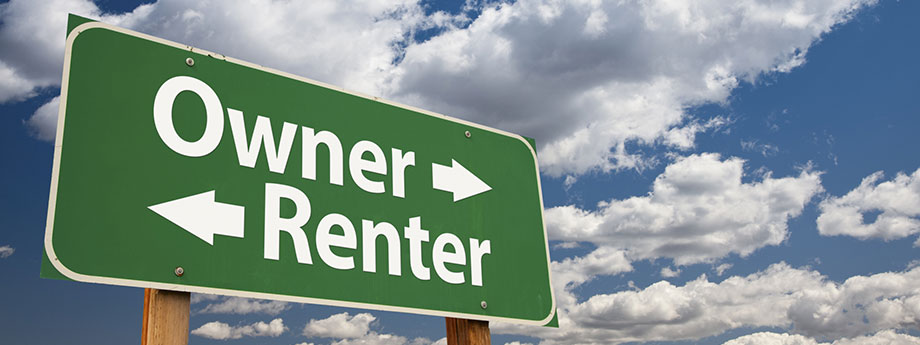Rather than arguing over whether to buy or rent a house, the question should be when to buy and when to live in a rented accommodation
‘Fools build houses, and wise men live in them’. This British proverb is often used in arguments against buying a house. Investing in a house is a very important decision, as the amount needed takes up almost all of one’s savings. In my opinion, the question should be: ‘When should you buy a house and when should you stay in a rented accommodation?’ rather than arguing about the rationality of owning a house.
Why and when should you stay in a rented house?
Banks, normally, do not give more than 80% of a property’s cost as home loan, while the buyer needs to shell out the balance 20% of the margin money, from one’s own funds. Looking at the prevailing cost of residential houses in cities, you have no option but to stay in a rented house, till you are able to save enough to fund the margin money.
If you are an employee who has been posted in a place for a short duration, or you are working in a place where you do not intend to settle, renting a house makes better sense, until you decide on the city where you intend to settle. Real estate transactions have some costs that cannot be recovered, like stamp duty, registration charges and brokerage for sale and purchase of the house.
The size of your family will also affect your decision. You may need a bigger house, in case you are planning to expand your family. In case you have enough margin money and have already decided to buy a house, but you are unsure about the locality, then, you could take a house on lease in that locality to experience the stay, before making a commitment.
Why and when should you buy a house?
It is definitely a good idea, to own a house. So, in case you are able to arrange the margin money and are confident that you will be able to service your home loan, you should buy the house. However, even if you have sufficient funds, you should take into account, whether you intend to stay in the same locality or the city.
To base your decision to buy a house merely on the cost-benefit analysis of rental versus cost of funding the house, does not make sense because the rentals generally vary from 2% to 4% of the capital value of the house, whereas, the cost of borrowing is generally around 10% for home loans, thus, leaving a gap of 8%. Nevertheless, this comparison does not reveal other tangible and intangible benefits of owning a house.
You should never defer the purchase of your first house, in the expectation of a correction in prices. This is evident from the fact that everyone has been expecting a major price correction for the last five years. People who postponed their decision to buy a house, have probably missed the bus for good. Over the long-term period, property prices on an average increase by around 9%. You should take this appreciation into account, while doing the overall cost-benefit analysis. Owning a house also provides a certain mental and psychological satisfaction and creates a sense of security.





